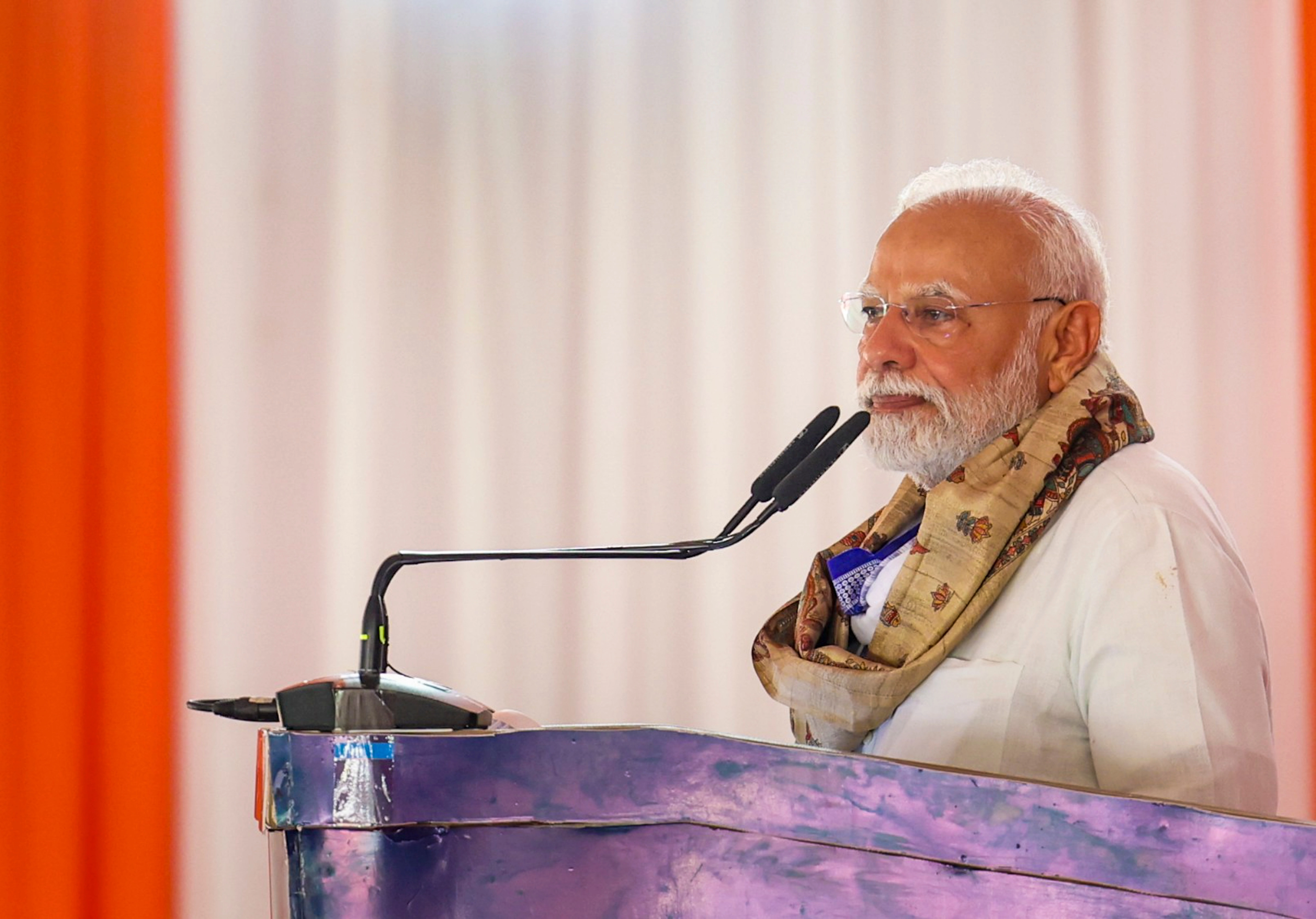The World Humanoid Robot Games held in Beijing showcased cutting-edge advancements in robotics, highlighting the remarkable capabilities of artificial intelligence and robotic engineering. However, amidst the impressive displays of humanoid robots performing intricate tasks, the event also underscored a fundamental truth: the irreplaceable value of human touch. While these robots demonstrated extraordinary precision in their movements and exceptional adaptability in various environments, they still fell short in replicating the emotional intelligence, empathy, and nuanced understanding inherent in human interactions.
The robots, equipped with advanced sensors and artificial intelligence algorithms, were able to perform a range of tasks, from simple movements to complex problem-solving scenarios. They exhibited an impressive ability to navigate obstacles, recognize faces, and even engage in basic conversations. Yet, as they executed their pre-programmed routines, the limitations of their design became apparent. The robots lacked the ability to genuinely connect with people on an emotional level, a vital aspect of communication that transcends mere words and actions. This gap highlighted the essential role that human touch plays in fostering relationships and understanding.
As the competition progressed, it became clear that while technology continues to advance, the human element remains irreplaceable. In various scenarios, participants and spectators alike expressed a longing for the warmth, empathy, and spontaneity that only humans can provide. Whether it was a simple gesture of kindness or an instinctive response to a difficult situation, the presence of human interaction enriched the experience in ways that robotic counterparts could not replicate. This realization sparked conversations about the future of robotics and the importance of integrating human qualities into the development of these machines.
In conclusion, the World Humanoid Robot Games served as a compelling reminder that despite the remarkable strides made in robotics, the human touch is an irreplaceable component of our existence. While robots can enhance our lives and perform tasks with remarkable efficiency, they cannot substitute for the emotional richness that comes from human connection. As we look toward a future increasingly influenced by technology, it is essential to recognize and preserve the unique qualities that define our humanity. Balancing the advancements in robotics with the need for emotional intelligence and human interaction will be crucial in creating a harmonious coexistence between humans and machines.




